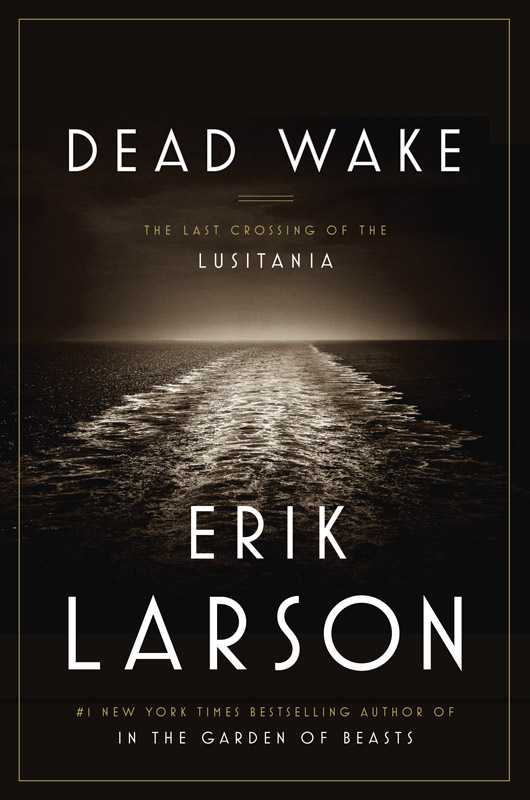Erik Larson’s advice to those who want to write? “Work as a cop on the side,” he told the Gazette in a recent interview. “Immersing yourself in life is the best thing for writing.”
The author did not take his own advice, though. His career path took him to the Wall Street Journal where he worked as a journalist while writing books on the side. In best seller after best seller, he has written about handguns and hurricanes and the World’s Fair. When he became concerned with American politics and the way in which the George W. Bush administration invaded Iraq, he began to wonder what it would have been like to live in Nazi Germany as the U.S. ambassador turned a blind eye to Hitler’s rise to power. This led him to write In the Garden of Beasts: Love, Terror, and an American Family in Hitler’s Berlin, published in 2011, about the career of the American ambassador to Germany at the time, William Dodd.
For his next book, Mr. Larson again took his imagination to Germany, in particular the sinking of the British ocean liner, the Lusitania by a German U-boat. He felt this story had been “done, but done poorly.” His goal was to write the story as if he were Alfred Hitchcock. The result became Dead Wake: The Last Crossing of the Lusitania published this past March.
Mr. Larson will discuss his career and new book on Sunday at 11:15 at the Chilmark Community Center, as part of the Martha’s Vineyard Book Festival.
In the book, Walther Schwieger, the captain of the German U-boat that sank the Lusitania, was the shark of the World War I seas. He was hungry for sunk tonnage, and his submarine torpedoed ships ruthlessly. It is said he liked to watch the destruction through a small porthole. The British called him “the Baby Killer.”
Many learn in history class that the sinking of the Lusitania in May of 1915, with many American passengers aboard, pushed President Wilson into entering World War I. It is less commonly known that passenger Theodate Pope was depressed or that Alfred Vanderbilt, son of Cornelius, was warned not to sail on the Lusitania through a note signed by a mysterious “Mort.”
Page by watery page, the reader is picked up and placed on the deck of the greatest passenger ship since the Titanic, and inside the cramped metal walls of the German U-20.
Mr. Larson describes the third, second and first classes aboard the Lusitania, as well as entering the mind of Captain Turner. Though the ship’s fate is known, the tension mounts as the reader shakes the doomed hands of the passengers that Mr. Larson chooses to keep company with.
The Lusitania was a magnificent ship and even members of the third class were fed more lavishly than they ever thought possible. The irony was that many did not know how to correctly put on a life jacket. When the Lusitania sank, Mr. Larson describes the scene as almost hauntingly comedic. During the voyage, Bostonian Charles Lauriat had tried to get Captain Turner to give tutorials, but Mr. Turner waved the suggestion away.
The ship was fast, new and sleek, and Captain Turner was hard and cold. He didn’t talk to the passengers, preferring to focus on his ship. The passengers were in safe hands he thought, as no country, however powerful, would harm civilians. Germany proved him wrong.
Mr. Larson said history should be taught more vividly in school, and that it might be better to delve thoroughly into a few different events, rather than learn so many dates and treaties.
Dead Wake, like all of his books, lingers long after the reading is over and makes you wish Mr. Larson would add history professor to his career list.









Comments (2)
Comments
Comment policy »